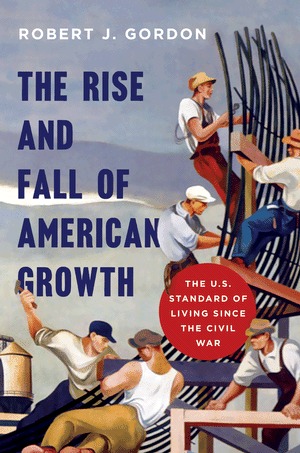In the pantheon of influential texts that have sculpted the socio-political landscape of the modern world, Karl Marx's "Das Kapital" stands as a colossus. This magnum opus not only dissected the capitalist system with surgical precision but also laid the foundation for a new economic doctrine, one that would ignite revolutions and mold governments. Marx embarks on a relentless critique of capitalism, elucidating the intricate mechanisms of exploitation and inequality that it engenders. With a masterful command of economic theory, he unveils the inevitable cycles of boom and bust inherent to capitalism, predicting its eventual self-destruction and the rise of a communist society. "Das Kapital" is not merely an economic treatise but a manifesto calling for a radical restructuring of society, advocating for the proletariat's rise to dismantle the bourgeois hegemony. Yet, the enduring relevance of Marx's work transcends its historical context and the prophesized political upheavals that followed. At its core, "Das Kapital" challenges readers to question the very fabric of economic and social relations, to reconsider the distribution of wealth and the nature of labor. Marx's incisive analysis of commodity fetishism and the alienation of labor remains profoundly resonant in today's rapidly globalizing, inequitable economic landscape. While the tome's dense exposition and nineteenth-century examples may daunt the contemporary reader, its philosophical underpinnings and critique of economic determinism continue to provoke thought and inspire debate. "Das Kapital" is not just a relic of political ideology but a living, breathing call to action, urging us to envision a more equitable world.
2
recommendations
recommendation
Similar recommendations
View all









This site is part of Amazon’s Associates Program. Purchasing books recommended by successful individuals through my links earns us a small commission, helping keep the site running, at no additional cost to you. Thank you for supporting our site!


